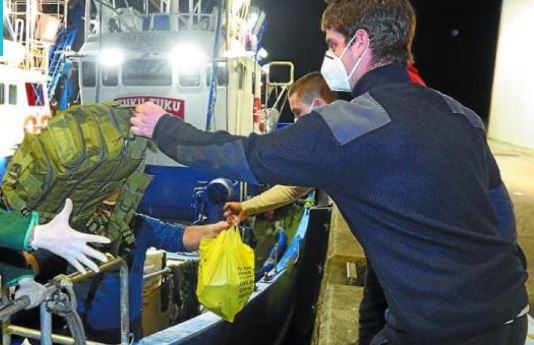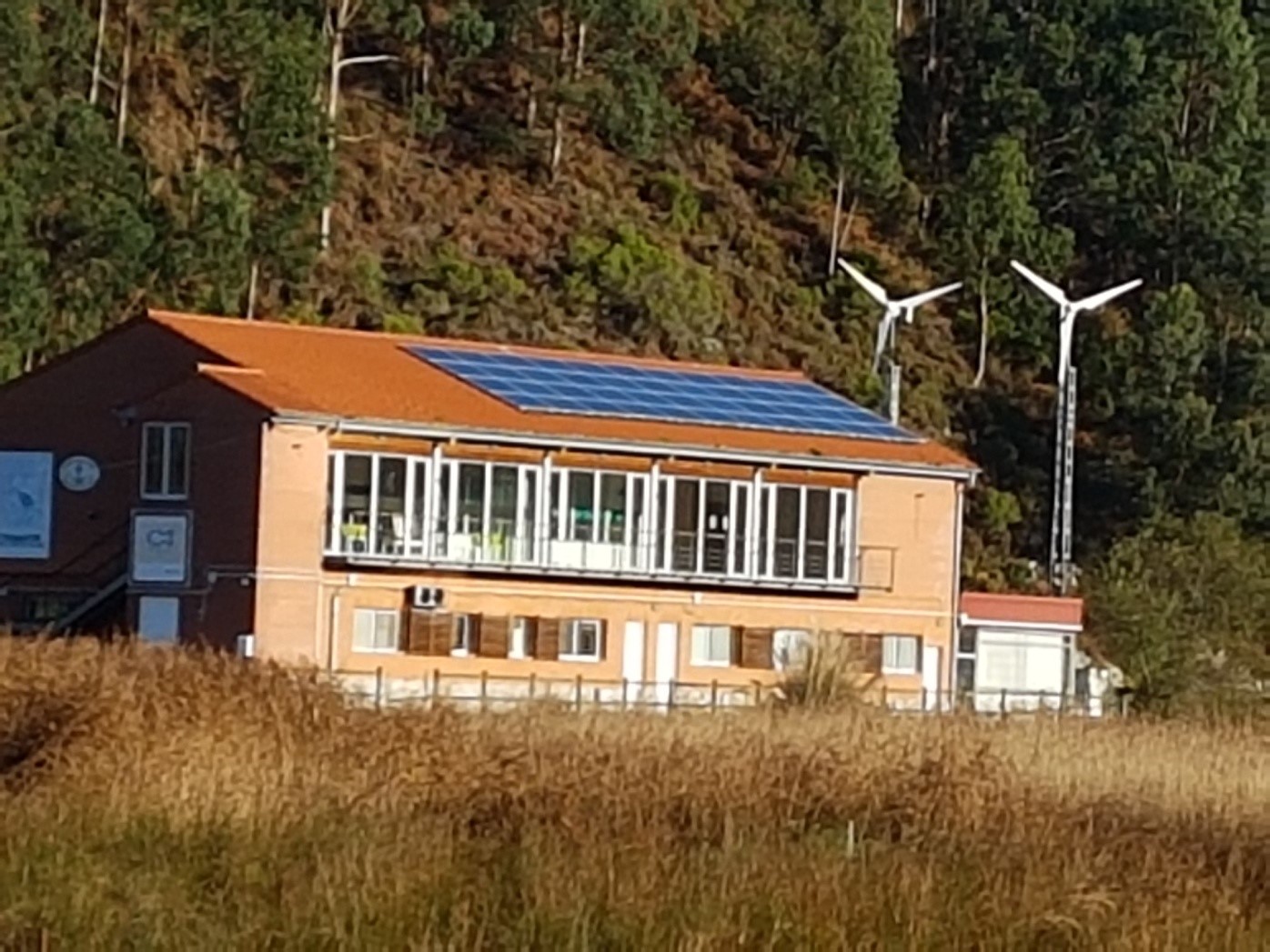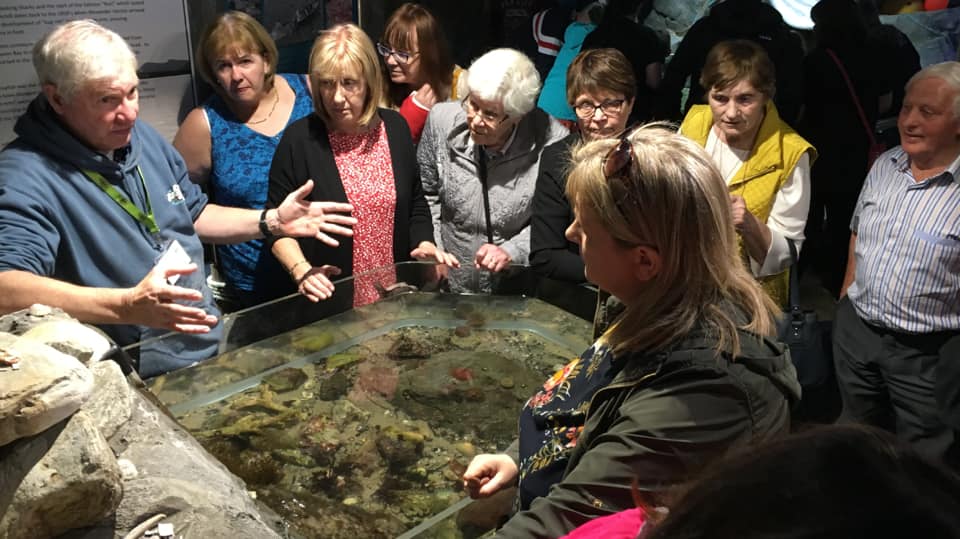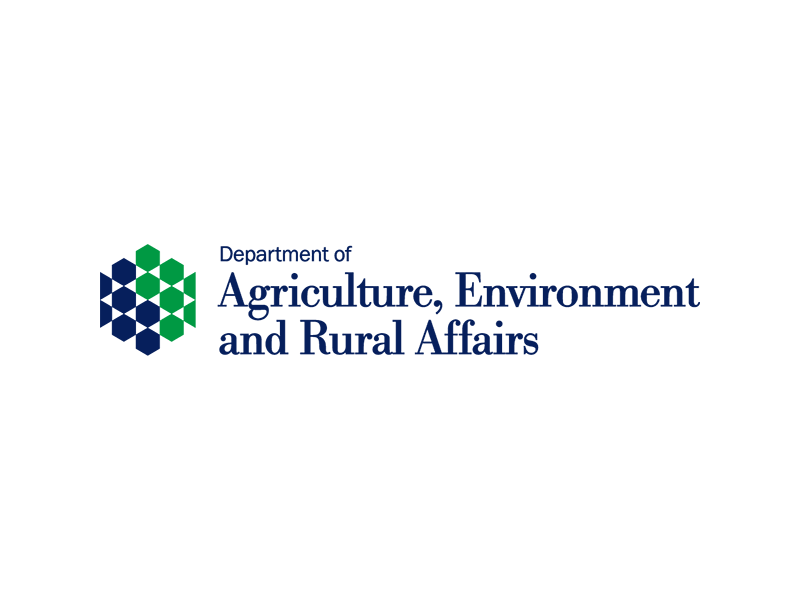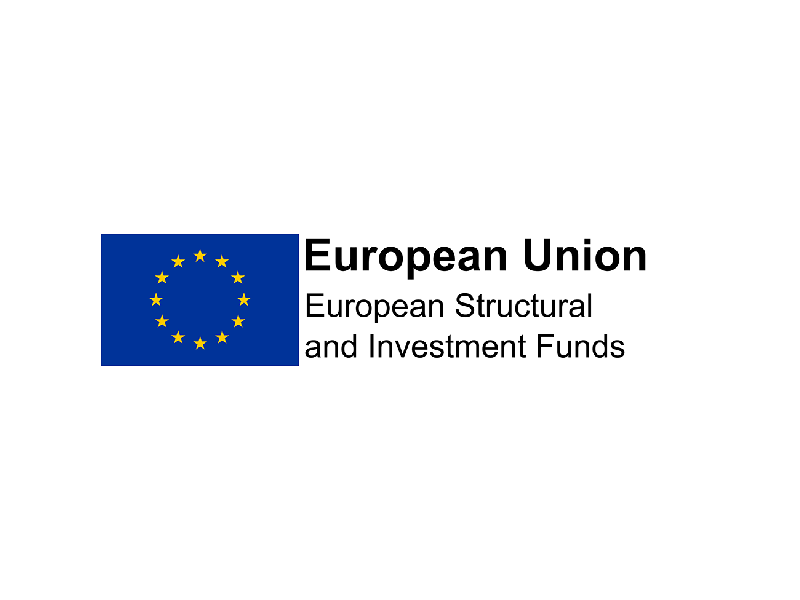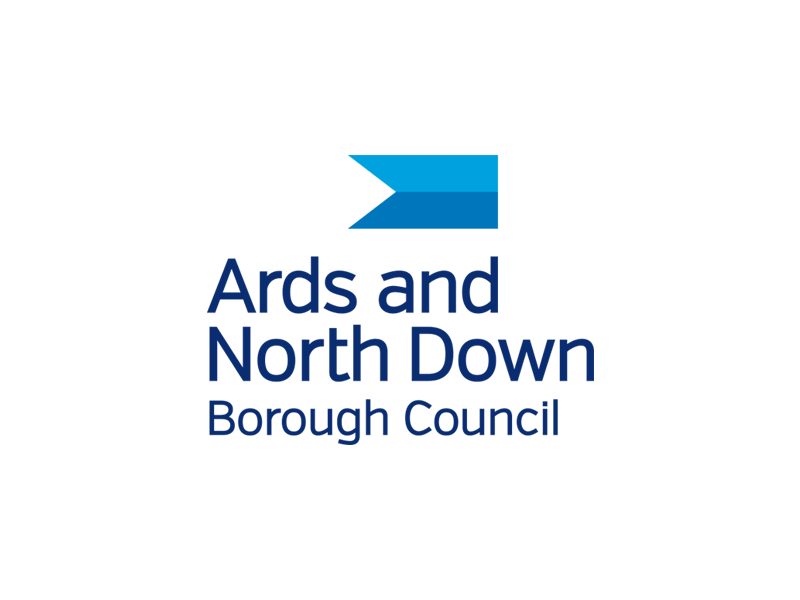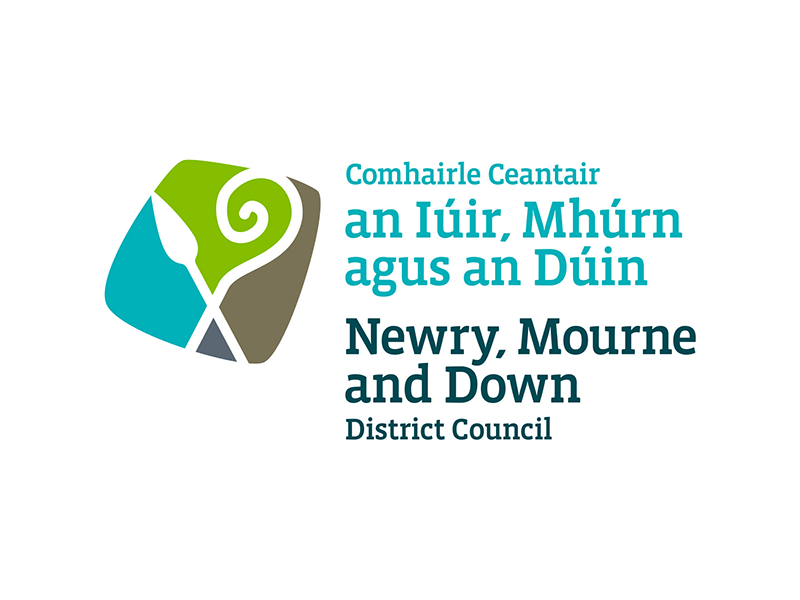Motivated to support the sector and avoid serious economic consequences, the Basque FLAG implemented measures to involve the fisheries sector in potential solutions. In April and May, the Basque FLAG cooperated with 12 fishers’ associations (cofradías) to acquire personal protective equipment (masks, gloves, overalls, etc.), and safeguard the sector’s economic activities.
The project, pending FLAG funding, received financing from the cofradías. The FLAG oversaw the collection of protective items, purchased through the regional government of the Basque Country, prepared the packages for each cofradía and distributed them. The first order was distributed in the second week of April, and by May the FLAG had distributed three rounds of packages, including 40 000 masks and 5 000 pairs of gloves, for almost 3 000 workers (including fishers, auction staff and marketers).
https://webgate.ec.europa.eu/fpfis/cms/farnet2/on-the-ground/good-practice/short-stories/keeping-fishing-active-and-safe-during-sanitary-crisis_en
